Why everyone’s talking about Cambridge University and slavery
Inquiry to explore how institution may have benefited from slave trade, and whether it should pay reparations
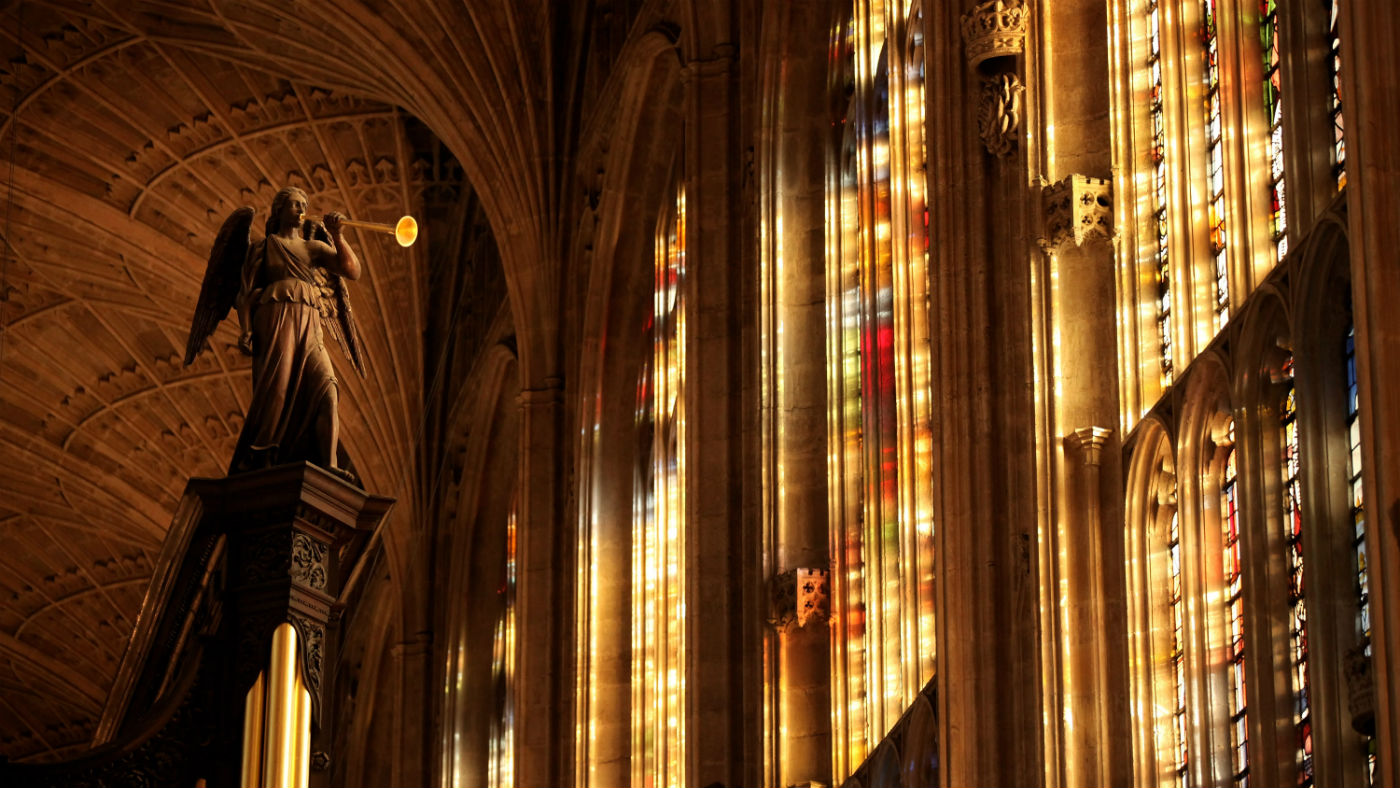
A free daily email with the biggest news stories of the day – and the best features from TheWeek.com
You are now subscribed
Your newsletter sign-up was successful
Academics from the University of Cambridge are to investigate the institution's links to slavery and how it might have benefited from it over the years.
What happened?
The university announced a two-year inquiry that will focus on university archives and other records, digging for evidence of how the institution may have gained from slavery and the exploitation of labour, either financially or through bequests.
The Week
Escape your echo chamber. Get the facts behind the news, plus analysis from multiple perspectives.

Sign up for The Week's Free Newsletters
From our morning news briefing to a weekly Good News Newsletter, get the best of The Week delivered directly to your inbox.
From our morning news briefing to a weekly Good News Newsletter, get the best of The Week delivered directly to your inbox.
“There is growing public and academic interest in the links between the older British universities and the slave trade, and it is only right that Cambridge should look into its own exposure to the profits of coerced labor during the colonial period,” says Professor Stephen J. Toope, vice-chancellor at the University of Cambridge.
As well as financial gains, the eight-member advisory group and two-full time researchers will also look into how scholars from the university helped shaped opinion on race from the 18th to the early 20th century.
The inquiry has come “as universities in the UK and the US are coming under increase pressure to acknowledge any connections to slavery”, says CNN.
The BBC says “there have been questions about whether such connections are still visible, such as in statues and the names of buildings, and how such legacies should be acknowledged”.
A free daily email with the biggest news stories of the day – and the best features from TheWeek.com
At the University of Oxford, a long-running dispute has focused on a statue of Cecil Rhodes, a 19th-century colonial politician with strong links to Africa.
In a report published last year, the University of Glasgow revealed that it had received significant financial support from people involved in the slave trade. It follows a 2017 Harvard University-hosted national academic conference exploring the role of US colleges in propagating slavery.
What was the response?
“It’s perhaps not surprising that the University of Cambridge’s decision to launch an inquiry into its links to the slave trade has prompted some soul searching,” says Gaby Hinsliff in The Guardian.
“On the one hand is a student body increasingly vocal about the legacy of colonialism and academics arguing – as Prof Martin Millett, the archaeologist chairing a panel overseeing the work, does – that Cambridge must confront its own role in a shameful episode of history,” she writes. “On the other is a handful of academics grumbling about rewriting history and, no doubt, some unspoken fears about what all this is going to cost both financially and in curricular terms. After investigation invariably comes reparation.”
There is precedent for this, after students at Georgetown University in the US recently voted to pay reparations to the descendants of the 272 slaves who were sold to pay off institutional debts in 1838.
Although “Cambridge has not had a student protest equivalent to those elsewhere,” says The Times, the scope of the inquiry “is potentially much bigger given the university’s size and wealth”. Its endowment reserves amount to £1.7bn.
-
 The ‘ravenous’ demand for Cornish minerals
The ‘ravenous’ demand for Cornish mineralsUnder the Radar Growing need for critical minerals to power tech has intensified ‘appetite’ for lithium, which could be a ‘huge boon’ for local economy
-
 Why are election experts taking Trump’s midterm threats seriously?
Why are election experts taking Trump’s midterm threats seriously?IN THE SPOTLIGHT As the president muses about polling place deployments and a centralized electoral system aimed at one-party control, lawmakers are taking this administration at its word
-
 ‘Restaurateurs have become millionaires’
‘Restaurateurs have become millionaires’Instant Opinion Opinion, comment and editorials of the day
-
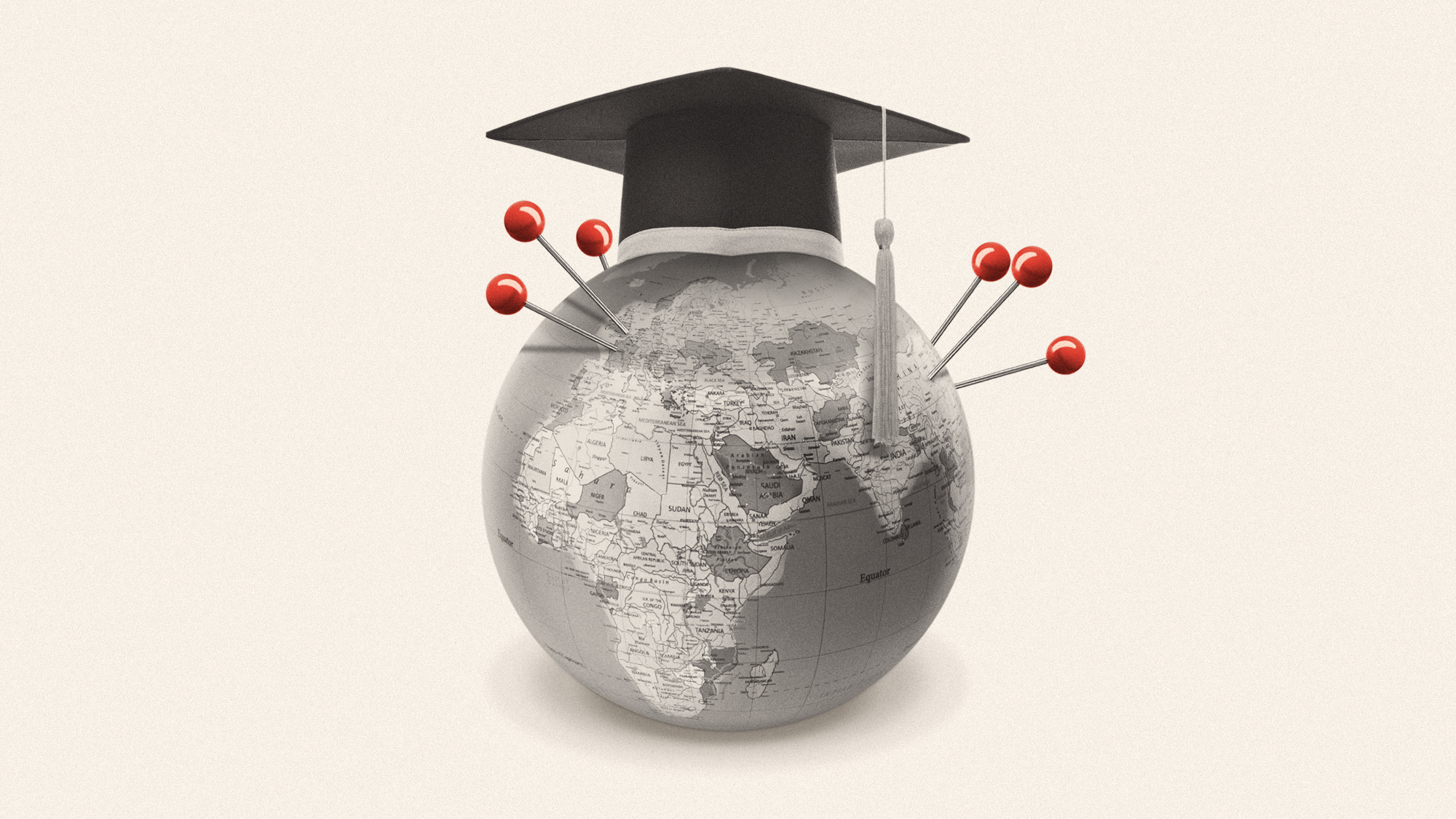 Where will international students go if not the US?
Where will international students go if not the US?Talking Points China, Canada and the UK are ready to educate the world
-
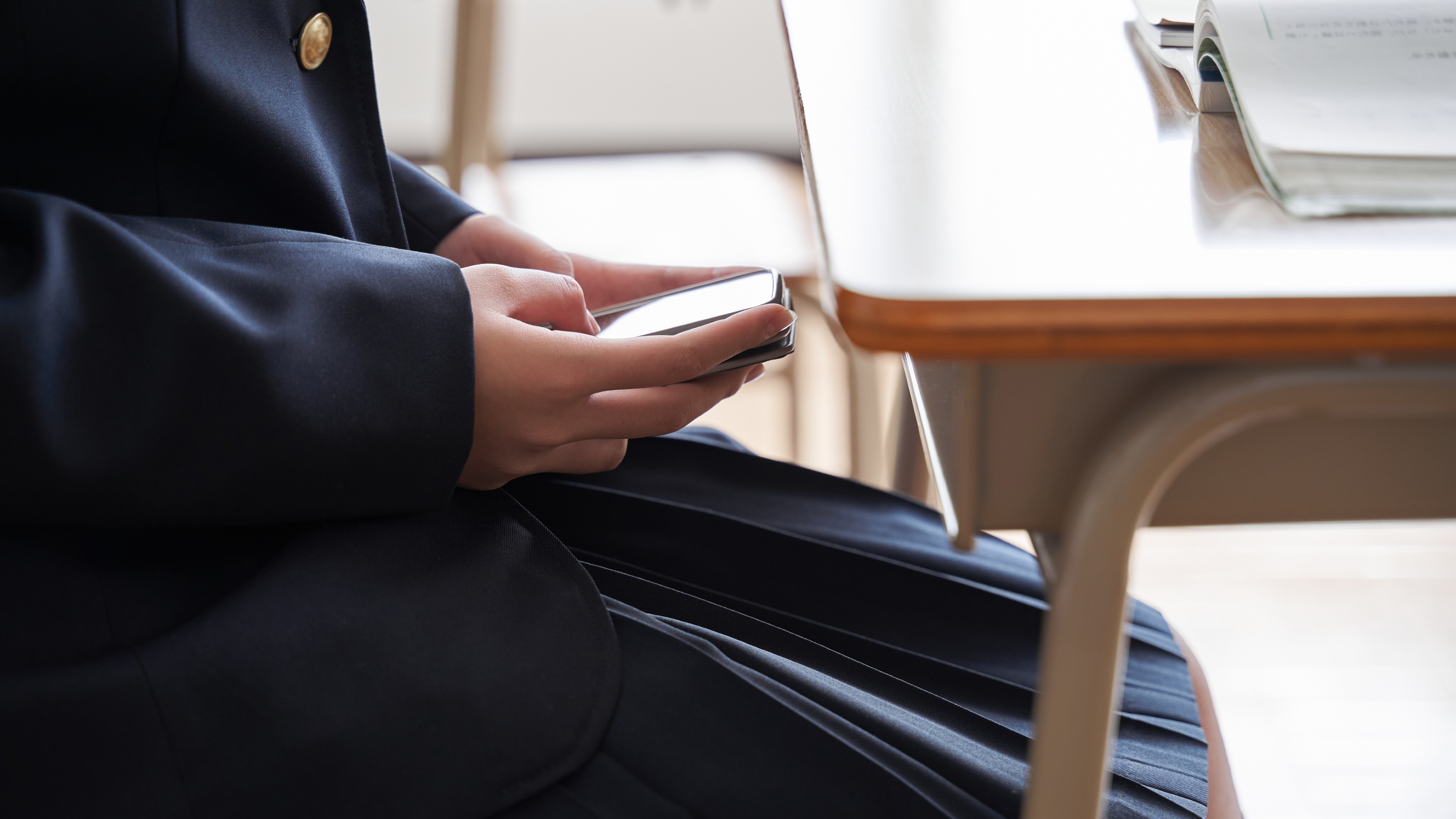 Smartphones face bans in US schools
Smartphones face bans in US schoolsTalking Points Educators say the devices disrupt classrooms
-
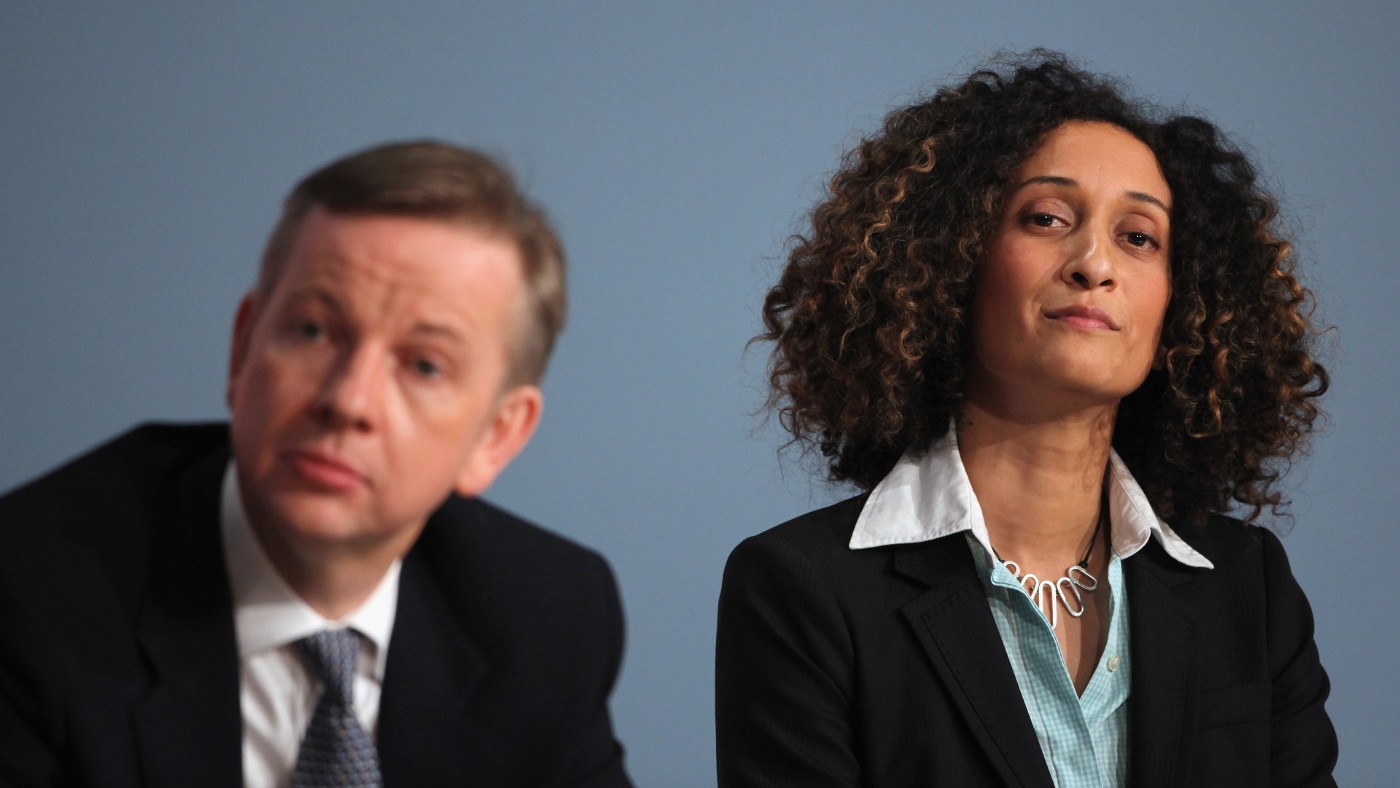 Katharine Birbalsingh: Britain’s ‘strictest head teacher’ takes aim at Jess Phillips
Katharine Birbalsingh: Britain’s ‘strictest head teacher’ takes aim at Jess PhillipsIn the Spotlight Former social mobility tsar accuses Labour MP of racism in Twitter spat
-
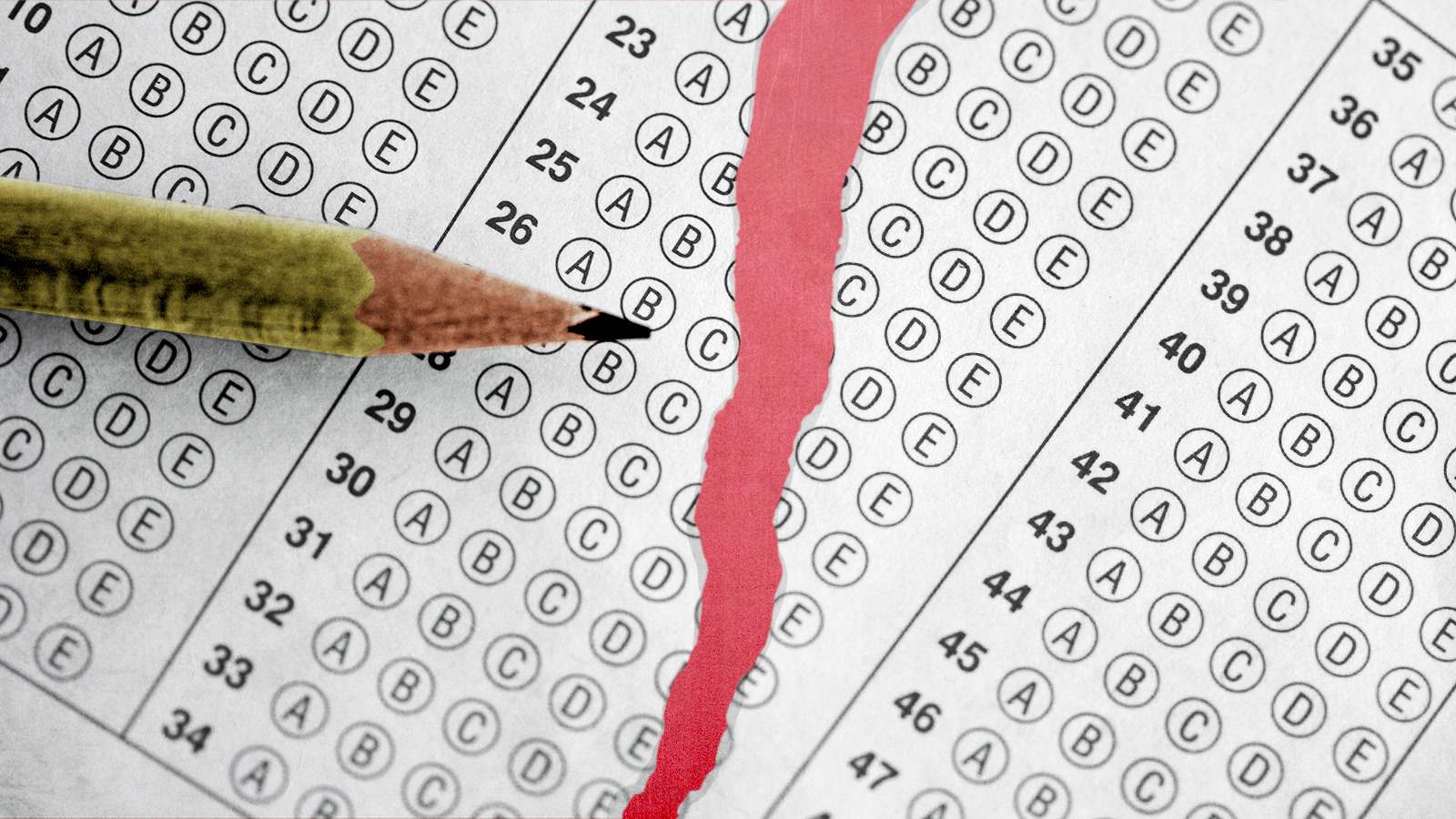 Another standardized test bites the dust. Will standards follow?
Another standardized test bites the dust. Will standards follow?Talking Point
-
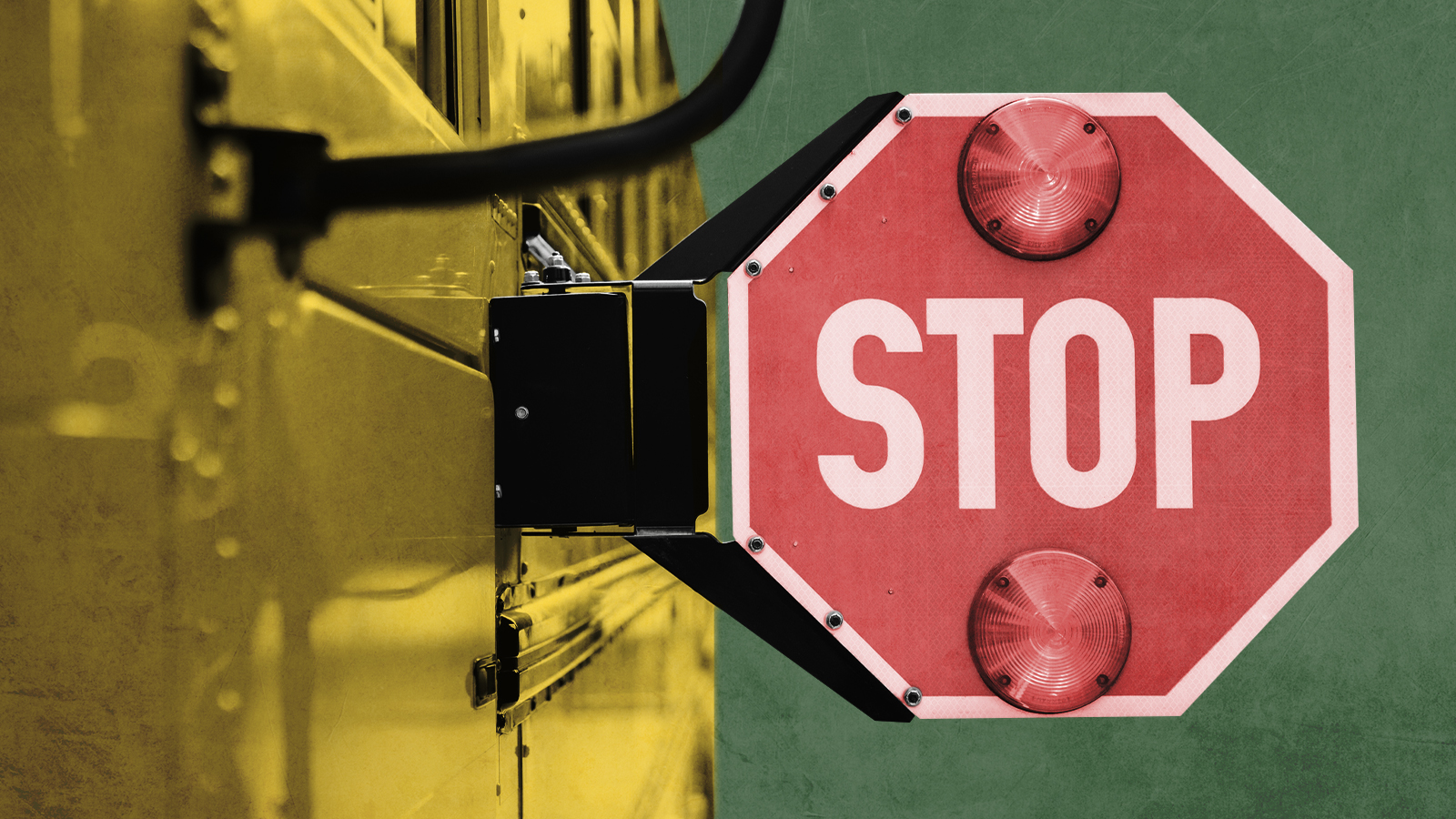 What conservatives really mean when they say 'groomer'
What conservatives really mean when they say 'groomer'Talking Point
-
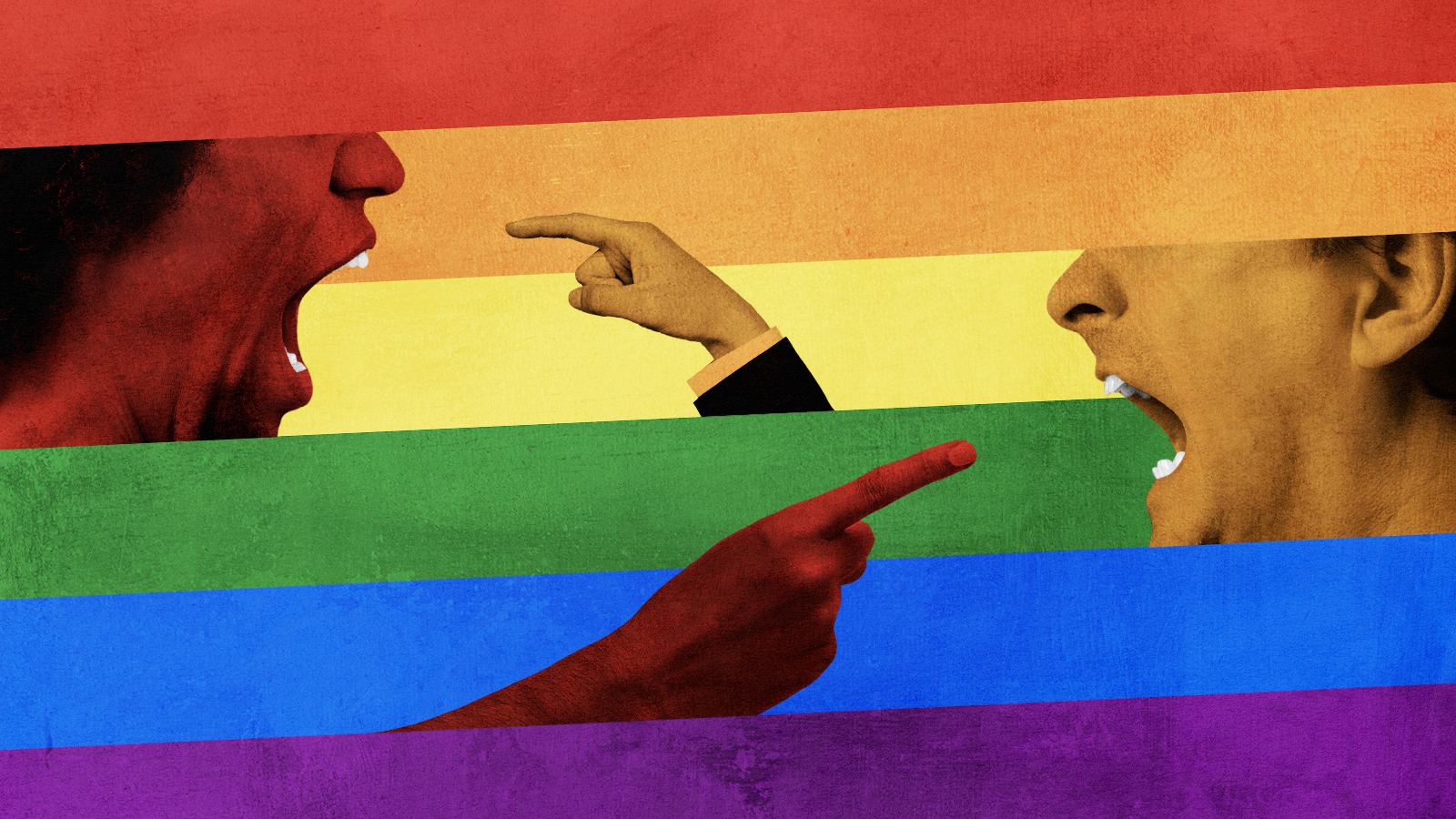 What the 'Don't Say Gay' bill debate tells us about democracy
What the 'Don't Say Gay' bill debate tells us about democracyTalking Point
-
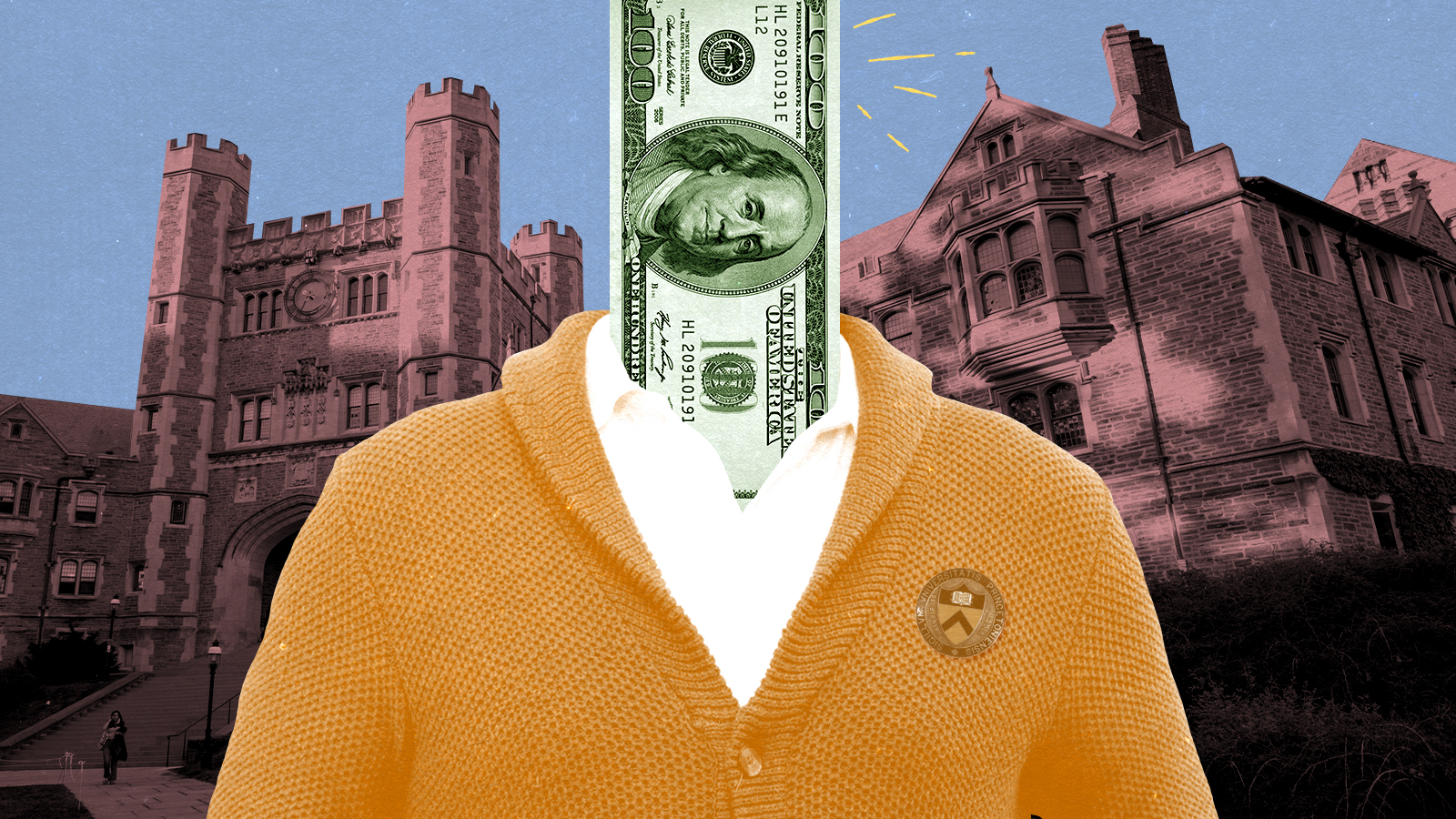 Princeton gives a pay raise to some of the most privileged people in the world
Princeton gives a pay raise to some of the most privileged people in the worldTalking Point
-
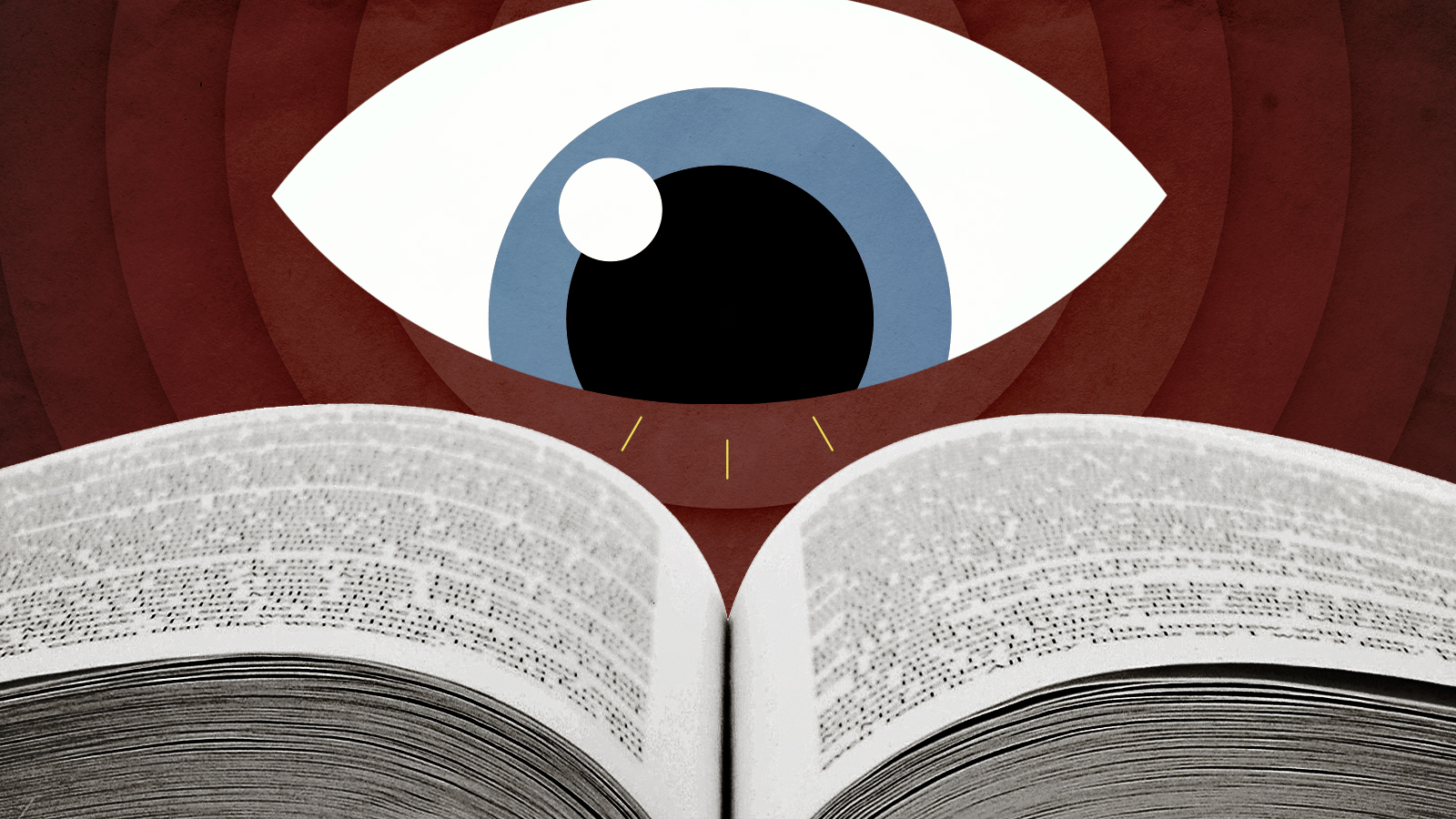 Transparency is good, but it won't end the CRT debate
Transparency is good, but it won't end the CRT debateTalking Point